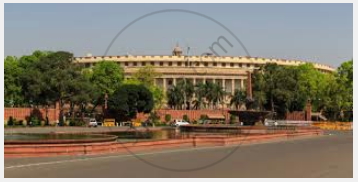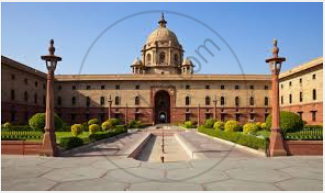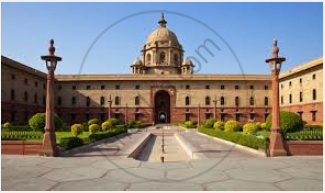Advertisements
Advertisements
Question
Choose the correct answer:
Both the central and the state governments can make laws on the subjects in the__________.
Options
Union List
State List
Concurrent List
Solution
Both the central and the state governments can make laws on the subjects in the Concurrent List.
RELATED QUESTIONS
The ______ is a permanent house. It cannot be dissolved.
Match the following:
| Column A | Column A |
| 1. The President | (a) is the Chairman of the Rajya Sabha |
| 2. The Vice-President | (b) is a permanent house |
| 3. The Speaker | (c) nominates 12 members to the Rajya Sabha |
| 4. Parliament | (d) is the presiding officer of the Lok Sabha |
| 5. The Rajya Sabha | (e) can introduce a bill to amend the constitution |
Answer the following question briefly:
Give an account of the Lok Sabha with reference to its term.
Answer the following question briefly:
Give an account of the Rajya Sabha with reference to basic qualifications of its members.
This is the picture of an important government building in India.

Which branch of the government functions in this building?
Until 1950, the building in the picture was known as ‘Viceroy’s House’, and served as die residence of the Governor General of India.

Identify the building. Whose official residence is it now?
Until 1950, the building in the picture was known as ‘Viceroy’s House’, and served as die residence of the Governor General of India.

Mention two powers held by this person with reference to the following:
Judicial Power
Tick mark the correct statement:
A money bill has to be moved first in the Lok Sabha.
Answer the following question in one or two words/ sentence:
How are the members of the Rajya Sabha elected?
The Parliament is a ______ legislature.
